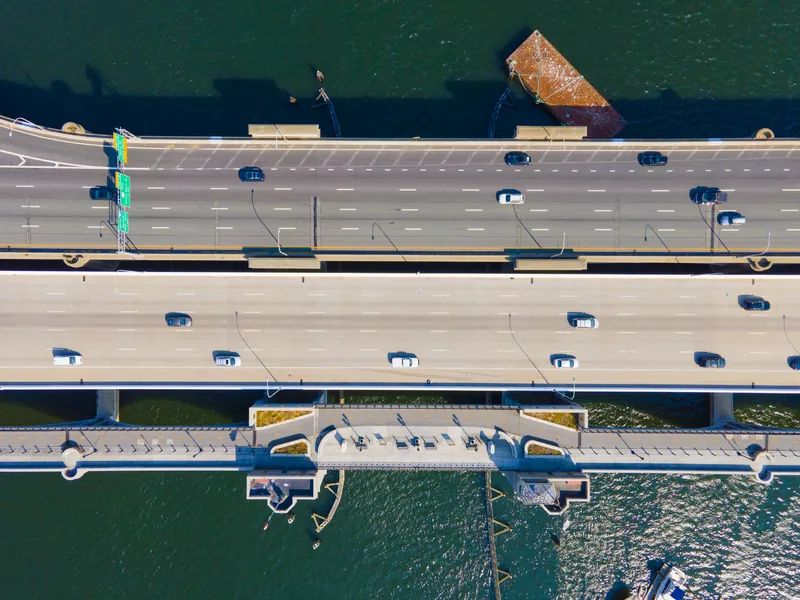A recent study by US public policy think tank claims the nation's growing debt and budget deficits are increasingly impacting efforts to build, upgrade and maintain transportation infrastructure. The study proposes that transportation funding should be shifted to direct user fees, long-term financing and private capital, foundation officials said in a prepared statement. The study recommends a series of tax, regulatory and organisational changes that would help modernise the nation's airports, air traffic c
January 11, 2013
Read time: 2 mins
A recent study by US public policy think tank claims the nation's growing debt and budget deficits are increasingly impacting efforts to build, upgrade and maintain transportation infrastructure. The study proposes that transportation funding should be shifted to direct user fees, long-term financing and private capital, foundation officials said in a prepared statement.
The study recommends a series of tax, regulatory and organisational changes that would help modernise the nation's airports, air traffic control system, highways, bridges and ports by making them more self-sustaining.
For surface transportation, federal transit funding could be shifted to the general fund and local governments, permitting all federal gas tax revenues to be spent on highways and bridges. To improve ports, harbour maintenance and waterway diesel taxes could be eliminated and replaced with harbour and waterway user charges paid directly to a facility operator, the study recommends.
"The United States is one of the few developed countries that makes relatively little use of revenue-based financing for its transportation infrastructure. There are numerous practical changes we can implement to rebuild and reinvigorate our infrastructure within the current economic climate," said Robert Poole, the foundation's director of transportation, who authored the study. "Congress should empower states and the private sector to meet the needs for capital investments in transportation infrastructure and remove regulatory barriers so these assets can become self-supporting."
The study recommends a series of tax, regulatory and organisational changes that would help modernise the nation's airports, air traffic control system, highways, bridges and ports by making them more self-sustaining.
For surface transportation, federal transit funding could be shifted to the general fund and local governments, permitting all federal gas tax revenues to be spent on highways and bridges. To improve ports, harbour maintenance and waterway diesel taxes could be eliminated and replaced with harbour and waterway user charges paid directly to a facility operator, the study recommends.
"The United States is one of the few developed countries that makes relatively little use of revenue-based financing for its transportation infrastructure. There are numerous practical changes we can implement to rebuild and reinvigorate our infrastructure within the current economic climate," said Robert Poole, the foundation's director of transportation, who authored the study. "Congress should empower states and the private sector to meet the needs for capital investments in transportation infrastructure and remove regulatory barriers so these assets can become self-supporting."










